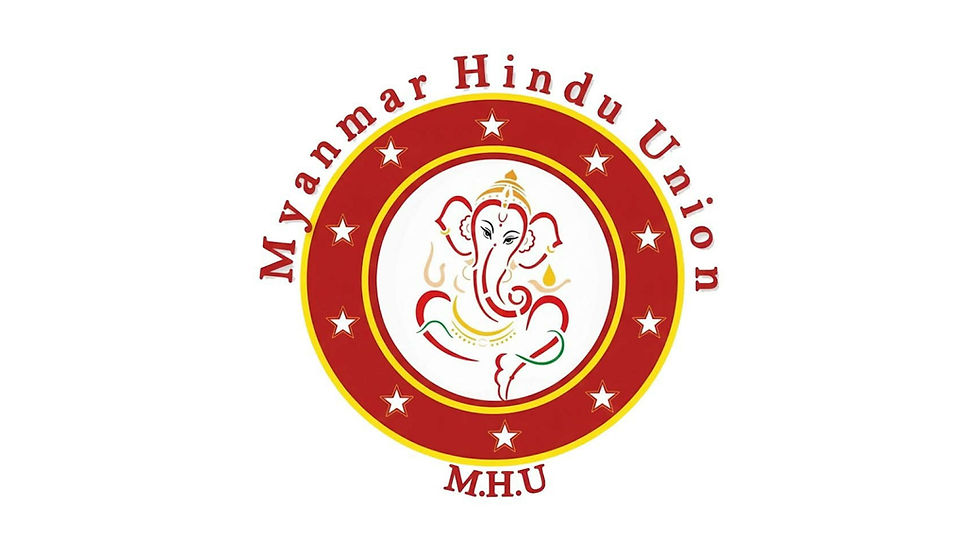“The Silence of the International Community Prolongs Our Suffering” - Rohingya Youth Activist Ahead of UN Conference
- Arakan Now

- Aug 20, 2025
- 3 min read

Arakan Now | 20 August 2025
On September 30, the United Nations will host a conference on the Rohingya crisis. Ahead of the event, Arakan Now interviewed a Rohingya youth activist invited to speak at the conference, where he will raise urgent concerns about the Rohingya struggle for dignity, rights, and a safe future in their homeland.
Q: The camps are severely underfunded, and inflation is driving prices up. Can this conference help improve the daily lives of Rohingya refugees until they are able to return home?
A: It is undeniable that the camps are severely underfunded, and conditions are worsening by the day. Inflation has made survival even harder for our people, who are already living in despair. While this UN conference cannot solve everything overnight, it is a crucial platform to remind the international community of their moral and legal responsibility. I will call for urgent humanitarian assistance, effective intervention, and protection measures so that Rohingya refugees can live with dignity until they are able to return home safely and voluntarily.
Q: Both the Myanmar military and the Arakan Army are responsible for crimes against the Rohingya, and neither wants us to return. Do you believe repatriation is possible? If so, what kind of pressure is required? The world has remained largely silent while the Arakan Army continues committing crimes against our people.
A: Repatriation is possible—but only if the world finally exerts sustained, constructive, and effective pressure. Both the Myanmar military and the Arakan Army have committed crimes against the Rohingya, and neither has shown the will to guarantee our safety or rights. Without strong diplomatic, political, and economic measures applied to all actors—including the Arakan Army—safe return will remain impossible. The silence of the international community does not just fail us; it prolongs our suffering and emboldens those who oppress us.
Q: Ethnic recognition, full citizenship, and basic human rights have long been denied to us. Do you think Myanmar, regardless of who controls the territory, will ever restore these rights to the Rohingya?
A: Equal rights and dignity for the Rohingya are not privileges; they are fundamental. For decades, we have been stripped of ethnic recognition, citizenship, and basic human rights through systematic and discriminatory laws such as the 1982 Citizenship Law. Repatriation without rights will only perpetuate injustice. True restoration requires international guarantees, legal recognition, constitutional reform, and continuous monitoring. Without these, the Rohingya will never have a secure future in Myanmar.
Q: In your view, what is truly needed to change our people’s future?
A: History teaches us that no people’s fate changes unless they themselves take the lead. We must therefore build a secular political platform for self-determination, to ensure our survival in our ancestral land, Arakan, and to guarantee justice, equality, and sustainable development for all communities who share it with us. What is needed is a combination of political will inside Myanmar—through genuine federal democracy—international accountability, and unity among the Rohingya themselves. Our youth and women must be given space in decision-making, for they carry the transformative power to build bridges where rights and dignity are respected. Long-term change requires our recognition as an ethnic group of Myanmar, restoration of citizenship, protection under international law, and accountability for the crimes committed against us.
Q: In your short speech, are you going to address all of these issues? Could you briefly share what you intend to highlight?
A: In my brief address, I cannot cover every issue in detail, but I will raise the urgent need for:
Life-saving assistance for Rohingya refugees in Bangladesh and Myanmar, including other minorities and internally displaced persons suffering under the junta’s brutality since the 2021 coup.
Accountability for crimes committed by all armed actors.
Restoration of our rights and citizenship, in cooperation with host country Bangladesh and the wider international community.
Urgent international protection, including consideration of a Safe Zone, to achieve a just and durable solution where Rohingya can finally live safely and with dignity in their homeland.
This conference is more than an event. It is a chance to bring the voices of the Rohingya and other oppressed minorities to the global stage. I will do my best to ensure that the world does not only hear our suffering—but also our aspirations, our resilience, and our hope for justice.









